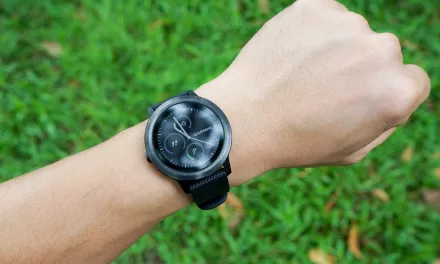As the world grapples with the ongoing COVID-19 pandemic, a groundbreaking study has unveiled a surprising finding: the lungs of young adults are more susceptible to SARS-CoV-2, the virus responsible for COVID-19, compared to older individuals, contrary to previous assumptions.
The study, published on a preprint website and yet to undergo peer review, sheds new light on the dynamics of respiratory virus infections, challenging prevailing notions about age-related susceptibility to SARS-CoV-2.
Dr. Vipin M. Vashishtha, a member of WHO’s Vaccine Safety Net, emphasized the significance of the findings, stating, “In contrast to SARS-CoV-2, flu viruses replicate more efficiently in human alveolar cells, leading to stronger innate immune responses.” He highlighted the implications of these findings, suggesting that elderly individuals may not be inherently more susceptible to respiratory virus infections solely due to local viral replication.
Conducted by researchers from the University of Bern in Switzerland, the study delved into the influence of lung ageing on the replication efficiency of both influenza A virus (IAV) and SARS-CoV-2, while also examining the pro-inflammatory and antiviral responses of lung tissue.
Utilizing precision-cut lung slices (PCLS) technology, a cutting-edge approach in respiratory research, the researchers analyzed lung tissue samples from donors spanning different age groups. Surprisingly, the study found that influenza viruses H1N1 and H5N1 exhibited high replication efficacy in lung parenchyma, whereas SARS-CoV-2 wild-type and delta variants replicated less efficiently.
Contrary to expectations, SARS-CoV-2 infection did not result in detectable cell death, unlike influenza virus infection, which induced significant cytotoxicity and early interferon responses.
“These findings suggest that aged lung tissue might not favor viral dissemination, pointing to a determinant role of dysregulated immune mechanisms in the development of severe disease,” the researchers concluded.
The study’s revelations challenge conventional wisdom about age-related susceptibility to respiratory viruses and underscore the complex interplay between viral replication, immune responses, and age-related factors in determining disease outcomes.
As the scientific community continues to unravel the intricacies of COVID-19 and other respiratory infections, studies like this pave the way for a deeper understanding of the underlying mechanisms driving disease progression, potentially informing more targeted and effective interventions in the fight against respiratory viruses.












